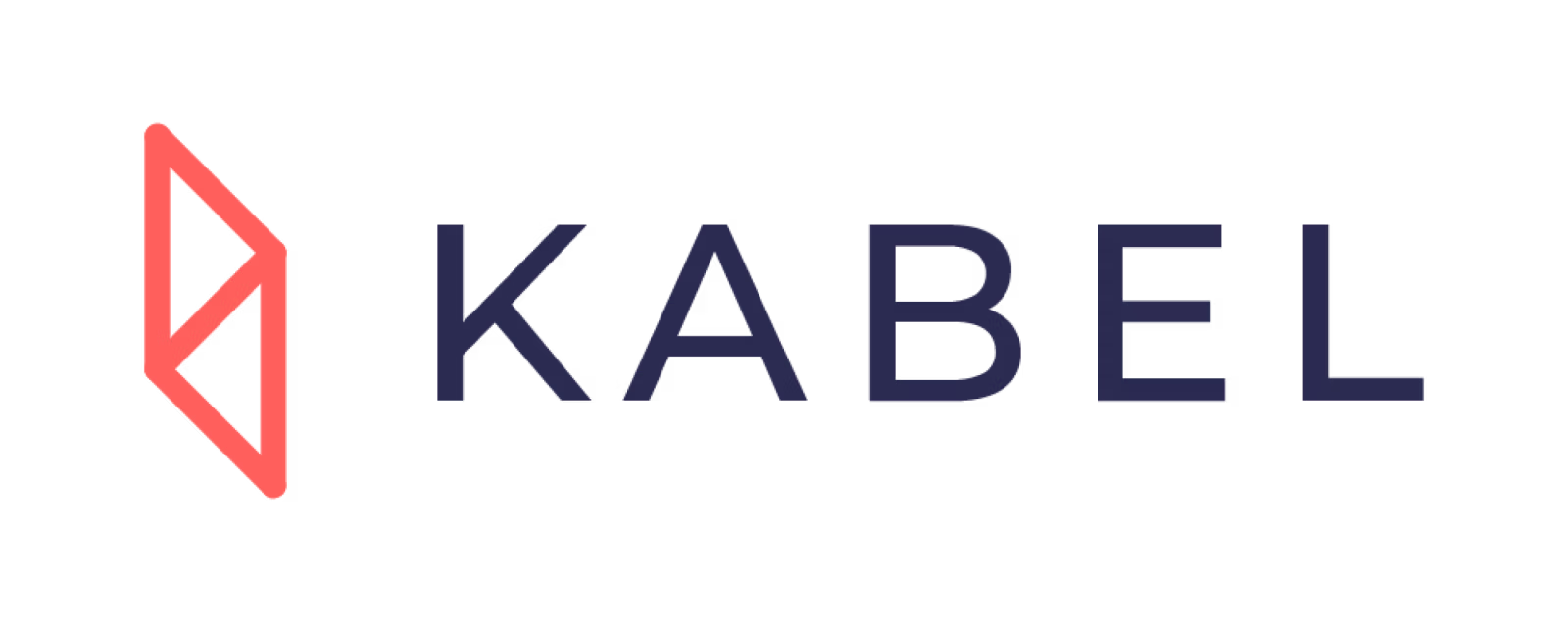7 Interview Questions To Ask Hiring Managers (To Spot Red Flags!)

Okay, let’s be real—job interviews can be nerve-wracking. You want to impress the hiring manager, show off your skills, and basically convince them that you’re the perfect fit for the company.
But guess what? The interview is a two-way street. It’s just as important for you to figure out if the company and the job are a good fit for you. Trust me, it’s better to find out before you accept the offer if the role isn’t what you expected.
Asking thoughtful questions is the best way to dig deeper and get a clear picture of what the job really entails (and whether it aligns with your goals).
Here are 7 must-ask questions that will make you look like a pro (and help you spot any red flags).
Smart Questions To Ask During An Interview
1. What are the key objectives or major challenges of this role?
Job descriptions can be super generic and often don’t paint a realistic picture of what you’ll actually be doing day-to-day. Asking about the key objectives helps you understand what the company really needs you to achieve.
- What problem are they trying to solve? Are they launching a new product? Improving a process? Expanding into a new market?
- What challenges will you face? Will you be dealing with a tight deadline? Working with a difficult client? Navigating a complex system?
For example: Imagine you’re interviewing for a marketing internship. You might discover that the company is struggling to reach a younger audience, or that they need to revamp their social media strategy. This gives you valuable insight into the challenges you’ll face and whether you have the skills to tackle them.
Red flag alert: If the interviewer is vague or can’t clearly define the key objectives and challenges, it might be a sign that the company is disorganised or doesn’t have a clear vision.
2. How is success measured in this role?
Don’t be afraid to ask about Key Performance Indicators (KPIs)—those metrics that measure how well you’re doing your job. It shows the hiring manager you’re results-oriented and want to understand their expectations.
- What specific goals are you expected to achieve? Are there sales targets to hit? Website traffic to increase? Projects to complete within a certain timeframe?
- How will your performance be evaluated? Will there be regular performance reviews? How will your progress be tracked?
Here are some examples of different roles and common KPIs respectively:
- Sales: Achieve sales revenue of RM30,000 per month
- Marketing: Increase website traffic by 20%
- Finance: Increase profit margin by 3%
- Customer Service: Achieve customer satisfaction score of 95%
- Software Development: Deliver project on time
- HR: Recruit new employees within 30 days
For example: If you’re interviewing for a sales internship, you might learn that success is measured by the number of leads generated or the value of deals closed. This gives you a clear understanding of what you need to focus on to succeed in the role.
Red flag alert: If the interviewer can’t define success or doesn’t have clear KPIs in place, it might be a sign that the company lacks structure or doesn’t value employee performance.
3. What are the top priorities for this role in the next 3-6 months?
This question helps you understand the immediate expectations and whether you’ll be thrown into the deep end from day one.
- What are the most urgent projects or tasks? Will you be expected to hit the ground running, or will you have time to learn the ropes?
- Are there any major changes or initiatives on the horizon? Will you be involved in a product launch? A company merger? A new marketing campaign?
For example: You might discover that the company is launching a new product in the next few months, and you’ll be heavily involved in the marketing campaign. This gives you a sense of the pace and intensity of the role.
Red flag alert: If the interviewer’s response is vague or they can’t clearly articulate the short-term priorities, it might be a sign that the company is disorganised or lacks direction.
4. What does a typical day look like for someone on this role?
This helps you understand what your day-to-day responsibilities will be and whether they align with your expectations. It also gives insight into the team structure, work culture, and potential challenges.
- What tasks will you be handling daily? Will your day be structured with clear priorities, or will it vary depending on business needs? Will you spend most of your time in meetings, working independently, or collaborating with a team?
- How does this role fit into the broader team? Will you be working closely with other departments like marketing, product, or sales?
For example: If you’re applying for a data analyst role, you might expect to spend your day gathering data, cleaning datasets, running analyses, and presenting insights. But if the interviewer mentions that most of your time will be spent responding to ad-hoc requests with tight deadlines, that could change your perception of the role.
Red flag alert: If they describe constant multitasking, long hours, or unrealistic expectations, the role may lead to burnout.
5. How does the company support the professional growth of its employees?
Employers value candidates who are eager to learn and grow. This question signals that you’re thinking long-term and want to develop your skills within the company. It also helps you gauge opportunities for mentorship, training programs, or career progression.
- Does the company offer structured learning opportunities? Are there mentorship programs, training workshops, or tuition reimbursement for further education?
- What career growth paths are available? Do employees have clear opportunities for promotion, or is career progression more organic? How often are performance reviews conducted, and how is feedback given?
For example: You might learn that the company offers an annual learning stipend for courses and conferences or that they have a mentorship program pairing junior employees with senior leaders. This could indicate a strong culture of professional growth.
Red flag alert: If they imply that promotions are rare or unclear, you may face career stagnation.
6. What qualities do most successful employees possess in this role?
This helps you understand what the company values in its top performers. It gives you a roadmap for success in the role and insight into the skills, mindset, and work ethic that will help you thrive.
- Are they looking for someone highly independent, or do they value teamwork and collaboration? Do they prioritise technical expertise, problem-solving skills, or adaptability?
- How do successful employees stand out? Is it through innovation, leadership, or consistently meeting performance targets? Are there any soft skills, like communication or resilience, that are particularly important?
For example: If you’re applying for a project management role, the interviewer might emphasise that their top employees are excellent at stakeholder communication and handling multiple priorities under tight deadlines. This gives you a clearer picture of what’s expected.
Red flag alert: If success is defined solely by working overtime, it could indicate an unhealthy work-life balance.
7. Can you tell me about the team I’d be working with?
Understanding team dynamics is crucial. This question gives insight into collaboration, leadership style, and how cross-functional teams work together. It also helps you determine if you’d be a good cultural fit within the team.
- What is the team structure like? Will you be working closely with a small, tight-knit team or as part of a larger department? Who will you report to, and how often will you interact with them?
- How does the team collaborate? Do they have regular meetings, brainstorming sessions, or use specific tools like Slack or Jira? What’s the overall work environment—formal, casual, fast-paced, or laid-back?
For example: If you’re applying for a software engineering role and the interviewer mentions that you’ll be working with designers, product managers, and QA testers in an Agile environment with daily stand-ups, this helps you understand the workflow and expectations.
Red flag alert: If they hint at conflicts, unclear responsibilities, or poor communication, you might want to dig deeper.
Want to Ace Your Next Interview? Preparation is Key.
Asking questions during an interview shows you’re engaged, curious, and serious about the opportunity. It also helps you gather the information you need to make an informed decision about whether the job is right for you.
Pro Tip: On Kabel, you can actually see these key details (like role objectives and KPIs) before you even apply! It’s like getting a sneak peek behind the curtain to see what the job is really all about.
Ready to land the right internship or fresh graduate job? Check out Kabel here.





